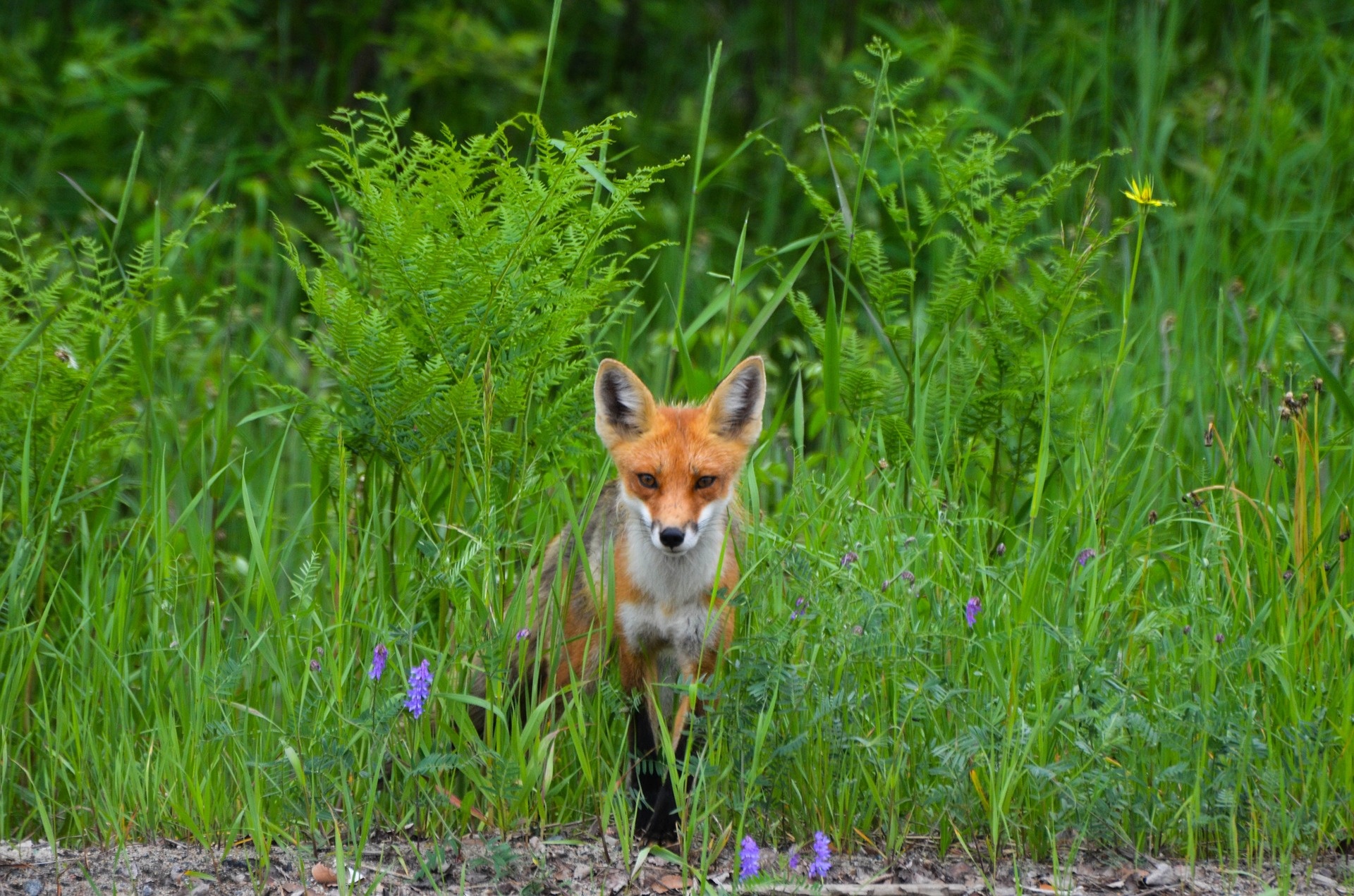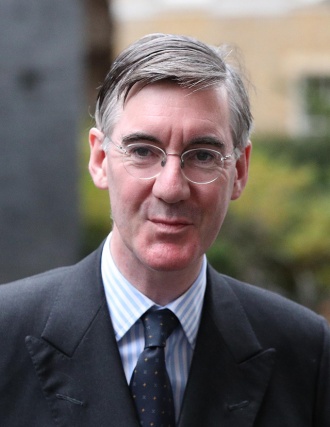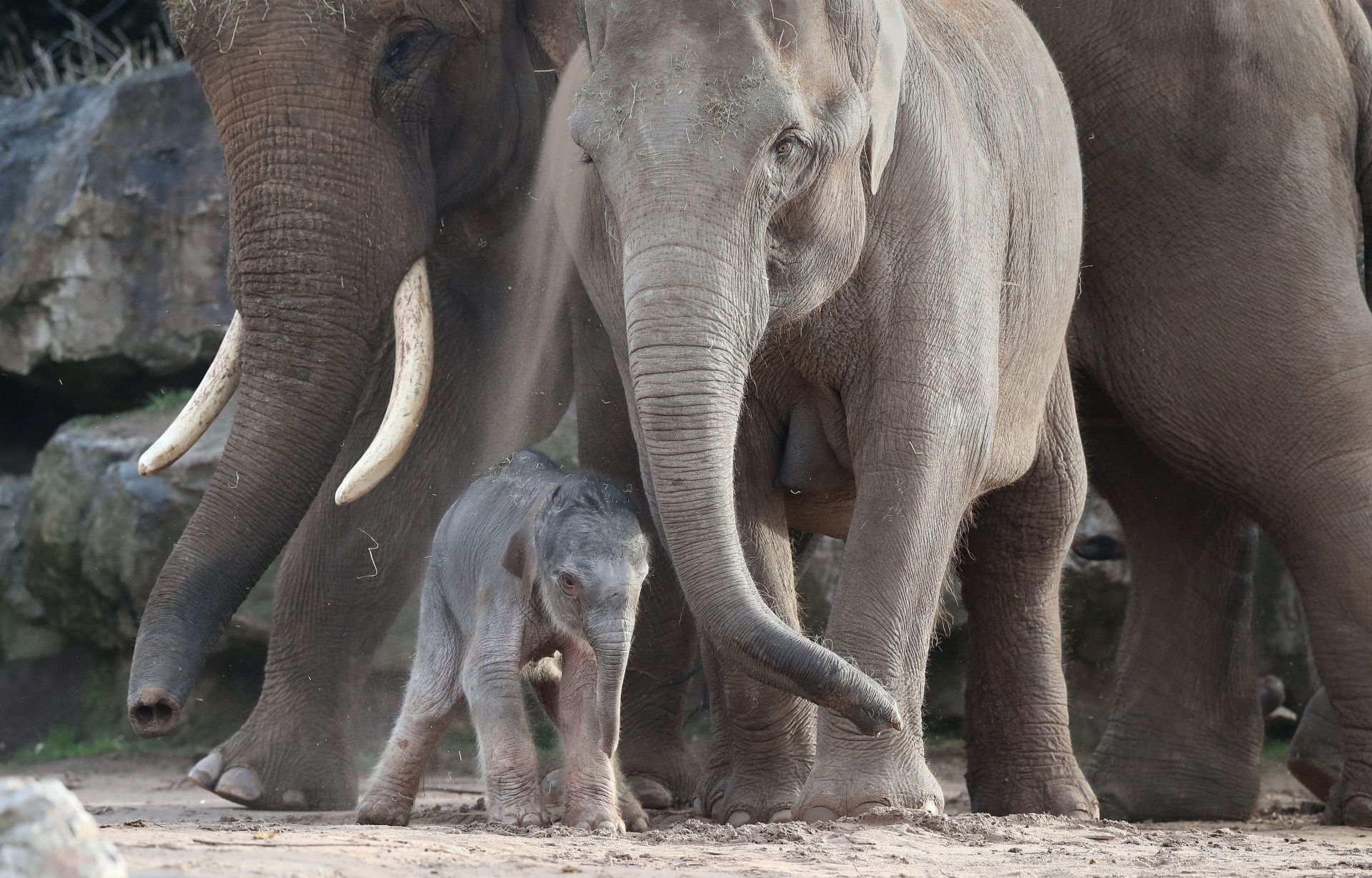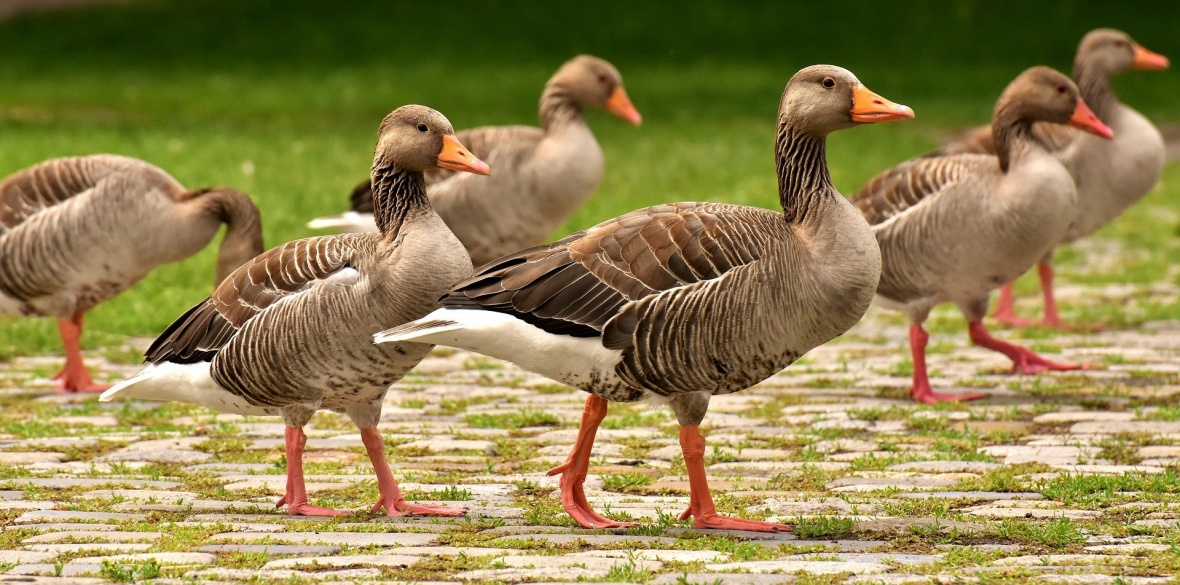This is the last article you can read this month
You can read more article this month
You can read more articles this month
Sorry your limit is up for this month
Reset on:
Please help support the Morning Star by subscribing here
I’M writing this on the first day of winter at about half past three in the afternoon. It’s twilight and it is chilly, damp and almost dark.
High overhead I hear the honking sound of a skein of geese heading home to the safety of the ancient canal reservoir that is the centre of the large country park close to my home.
Spending the night on the water protects geese from foxes but as Christmas approaches there is a new threat to all sorts of waterfowl.
It’s poachers who see wild ducks and geese and even the occasional royal swan as a way to make a few bob selling wild birds as an alternative to the traditional turkey.
Lockdown rules for Christmas will have profound effect on the turkey trade. With dinners limited to just six diners, big birds will be a bit of a waste. There seem to be far too many good-sized turkeys almost ready for market.
They would have been hatched five to six months ago when few people were predicting a locked-down Christmas with family meals limited to six diners.
There is another threat to our wild and farmed birds. It is another rogue virus, this one causing avian flu.
For the last few months I have been seeing reports of dead geese, swans and other species being found dead and showing evidence of avian flu across northern Russia and above the Arctic Circle.
These are the birds I have written about in the past that visit our East Anglian fens in winter.
The first mass culls of turkey farms with the bird flu have started and a few reports are coming in of sick birds in the wild.
It is a story that will run over the winter months, I’m sure. Watch this space.
Fantastic news for Mr Fox
MEANWHILE here is some very good news for foxes. Some of Britain’s biggest landowners, including the National Trust and Forestry England, have banned trail hunting following the hacking and release of recordings of two online secret meetings by foxhunting authorities which advised how trail-hunting could be used as a smokescreen to conceal using hounds to actually kill foxes.

A police investigation into what was said at the online meetings held by hunt masters, representing more than half of Britain’s hunts, has also been launched to see if they breached the Hunting Act introduced by the Labour government in 2004.
The two large Zoom meetings advised fox hunt members from all over the country how to use various dubious strategies to portray their activities as genuine trail-hunts where the packs of hounds follow an artificial scent trail and also advised on various ways that hunter could still enjoy watching their packs of hounds tearing live foxes apart and get away with it.
The three-hour webinars were part of a secret series broadcast by leading figures in hunting including Lord Mancroft, chair of the Masters of Foxhounds Association which offered advice on how to avoid being caught breaking the law.
Many so called trail-hunts result in foxes being killed or severely injured by the hounds and finally killed either by captive birds of prey or by hunt followers called terrier men.
Another illegal tactic discussed by the hunters was the blocking of badger setts to stop them being used by foxes being chased by hounds.
Tory Jacob Rees-Mogg, Leader of the House of Commons, was

accused of doing this last year when he hosted a meet of his local fox hunt.
Rees-Mogg isn’t the only leading Tory to enjoy and encourage hunting.
Last year Tory attorney general until February this year, Geoffrey Cox, was photographed hosting a meet of the Lamerton Hunt on the Torridge and West Devon MP’s own land.
Attorney general is the highest law officer in the country, so if anybody is unsure as to the reasons why the police, the Crown Prosecution Service and the courts turn a blind eye to illegal hunting they need to consider the behaviour of ex-attorney general Geoffrey Cox MP.
The banning of trail or drag hunting by so many large landowners has been welcomed by anti-hunting groups.
Broadcaster Chris Packham told us: “I and millions of others will be pleased to hear this, and look forward to these major landowners reviewing all hunting on their lands.”
Chris Luffingham, head of campaigns at the League Against Cruel Sports, said: “This shows just how far the hunting lobby’s mask of respectability has slipped.
“Three hundred foxes were torn apart by hounds during last winter’s foxhunting season.”
Elephants deserve our support
WHEN I was a kid 60 years ago I could go to London Zoo and ride an elephant.
When the circus pitched its tent on Wormwood Scrubs, outside the prison, we’d get the bus to see the show including lots of wild animals and, of course, elephants.
Much later in life I visited Mandela’s Rainbow Nation and one highlight of the visit was at Addo Elephant Park.
One of South Africa’s biggest game parks it is home to more than 600 elephants that are free to roam across the huge park.
The elephants, protected from poachers are breeding well and the population growing nicely.
One strange fascinating attraction of Addo are the huge flightless elephant dung beetles.
As big as my fist they only eat the huge steaming piles of elephant dung.
Road signs ask you to resist the temptation to drive through the knee-high dung piles, to preserve the beetles.
As attitudes to keeping elephants in captivity are getting more civilised, the number of captive elephants in Britain is dropping.
There are currently just under a dozen zoos and safari parks in Britain with just over 50 elephants in all.
These captive elephants frequently experience considerable physical suffering and more often psychological distress. Current captive elephant regulations are wholly insufficient.

Now the plight of captive elephants worldwide is in the news. US singer, actor, animal and children’s activist Cher has financed the release of what became known the world’s loneliest elephant, Kaavan, the only Asian elephant in Pakistan.
Elephant experts spent hours coaxing a slightly sedated Kaavan into a specially constructed metal crate that was loaded into a huge Russian transport jumbo jet for the flight to Cambodia.
Historically, elephants have never bred well in captivity and, consequently, a continuous supply of elephants were captured from the wild.

This trade in Asian elephants from the wild massively depleted elephant populations on the Indian subcontinent.
In the past captured elephants were sent to war — the first “tanks” — and used for heavy logging and construction work.
Elephants built the infrastructure of the British empire. Solitary elephants were, and still are, kept in various religious temples — badly treated as gods.
Today there are between 15,000 and 20,000 captive elephants around the world.
Circumstances for most of them are abysmal. Today, elephants are captured and kept in captivity primarily for our entertainment although often this is claimed as education or even captive breeding.
Captive circus elephants are transported around in cramped trailers and railway trucks or confined in small enclosures in zoos.
They are used as gimmicks in promotions and marketing and to carry tourists on safari or entertain them playing football or polo.
Paraded in the streets for ceremony and begging many of them are said to have been tamed — having their spirit broken through the use of unbelievable brutality.
Add to this the constant threat to wild elephants from poachers. The poachers are a nasty lot but they would have no market and no business if it wasn’t people who still buy ivory trinkets and jewellery and those who use elephant body parts for bogus medical or aphrodisiacal purposes.
Captive elephants in Britain and abroad can and should be returned to sanctuaries where many of them could live wild or semi-wild along with other elephants.
They deserve our support.











